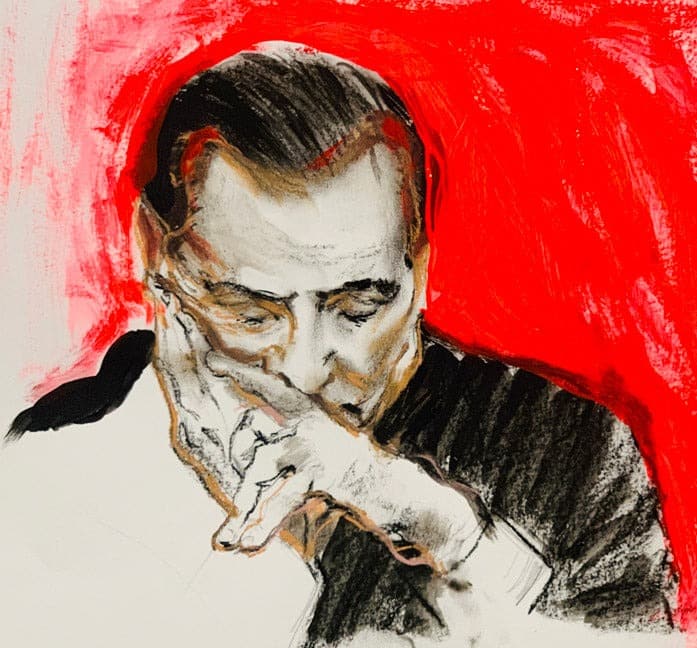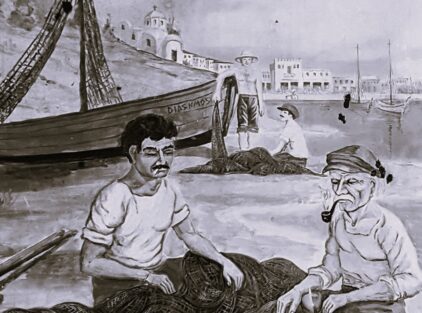“The man who loved (very) young women”, “From real estate to bunga bunga parties”, “The contributor to the return of the far right in Italy”, “Cavaliere in business and manners”, “The unsinkable”. The tributes to Silvio Berlusconi in the Italian and international press reflect only some aspects of his long life. Nor would he himself, after all, have imagined that, starting his professional career with odd jobs (bartender, wedding photographer, singer on cruise ships), he would break the record of Italy’s longest-serving prime minister, that he would be ranked third in his country in Forbes and that he would be subject to 30 trials, of which he would be acquitted, except for a light sentence of four years’ imprisonment, which was finally reduced to twelve months and house arrest. Suffering from coronavirus, with various health complications, Sua Emittenza finally died a few hours ago, in the hospital of “San Rafaele” in his hometown, Milan.
He was active until the last day, since his party, Forza Italia, was part of the government formation that won last year’s elections and made Giorgia Meloni prime minister. A learned friend of Vladimir Putin, he annoyed the Fratelli d’Italia president with his pro-Russian positions, but the alliance he offered was more useful, since without him the “ship” would have been left adrift. ‘Rubygate’, from the nickname of the 17-year-old Moroccan prostitute, threatened to drive him behind bars, as did the endless allegations made about the management of his empire, which included the holding Fininvest, but also a number of other activities, such as Mediaset, which broke the monopoly of the state-owned RAI, and the ownership of the A football team. C. Milan, with whom he won 29 titles in 30 years, including 5 Champions League titles.
“Lucky he didn’t catch the #Metoo movement”, “Berlusconi is dead, but Belluconnaism will live on”, “The ultimate come back example”, are some of the comments I have read and heard up to the time of writing this note. As my father would say, “he was not ordinary”.













